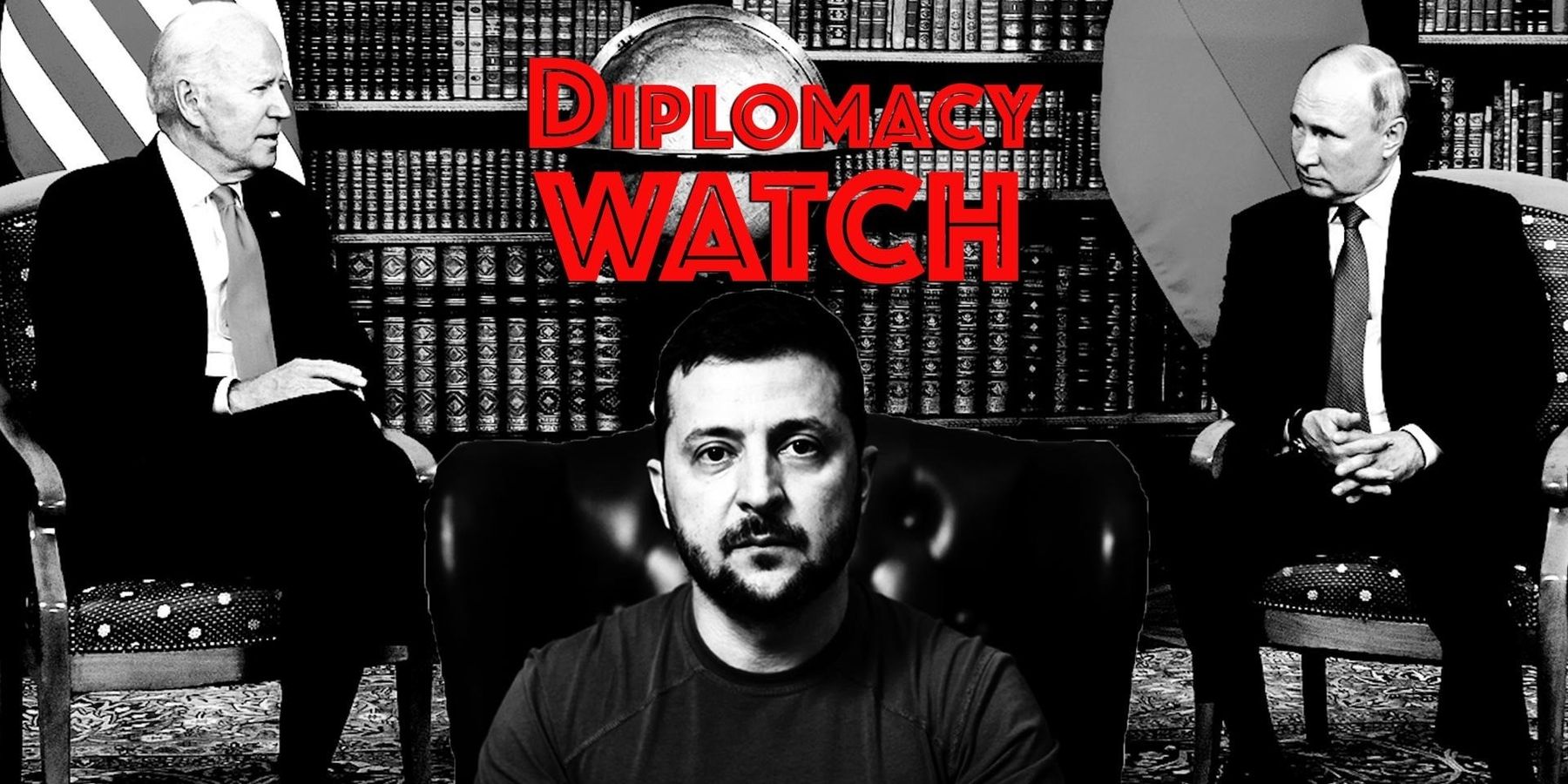The course of the Ukraine War shifted considerably this week after U.S. Secretary of Defense Lloyd Austin confirmed reports of the presence of North Korean troops in Russia and their possible deployment to Ukraine.
This potentially adds to the Ukrainian military’s current struggles, as Russian forces continue to gain territory and impose costly defeats across Ukraine’s Donetsk region.
The White House and State Department responded similarly on the matter throughout the week, describing Russia’s recruitment of the North Korean military as both desperate and escalatory.
Specifically, U.S. officials said that 3,000 North Korean troops are in eastern Russia, and that those soldiers would be “fair game” if they enter combat operations in Ukraine. Ukrainian President Volodymyr Zelenskyy alleged in his nightly address on Tuesday that up to 12,000 North Korean soldiers are being prepared for deployment.
“This is a challenge, but we know how to respond to this challenge. It is important that partners do not hide from this challenge as well,” Zelenskyy said.
Earlier in the week, Austin visited Kyiv and spoke with Zelenskyy on matters of strategy, recruitment and additional funding. A senior defense official emphasized that the meeting was not a victory lap and that the Ukrainians are in a “very tough” spot against Russia as the winter approaches, despite heavy sanctions and surging U.S. aid.
Austin addressed critics of the American expense sheet in Ukraine in his speech at the Kyiv Diplomatic Academy on Monday:
“For anyone who thinks that American leadership is expensive — well, consider the price of American retreat. In the face of aggression, the price of principle is always dwarfed by the cost of capitulation. Our allies and partners know that. And I’ve been proud to watch the pro-Ukraine coalition dig deep.”
Other Ukraine News This Week:
The White House announced Wednesday, that the U.S. will provide $20 billion in loans of the $50 billion promised by the Group of Seven (G7) allies in June. The loans will be backed by interest earned on profits from Russia’s frozen central bank assets.
Britain and Germany are “moving closer together,” said German Defense Minister Boris Pistorius Tuesday, as the two nations signed a defense pact that will see German submarine-hunting planes patrolling the North Atlantic Ocean from a base in Scotland. According to the Associated Press, officials said the move is in response to rising Russian aggression, with Pistorius also calling for the closing of “critical capability gaps, for instance in the field of long-range weapons” on NATO’s eastern flank.
Russia hosted the 16th annual BRICS summit this week in the city of Kazan, with financial collaborations and the group’s expansion topping the agenda. Reuters reports that Chinese President Xi Jinping and Indian Prime Minister Narendra Modi presented their intentions for a closer diplomatic relationship on Wednesday after a recent history of tense relations.
The Russian Defense Ministry announced that Russian forces have captured the Ukrainian villages of Serebrianka and Mykolaivka, according to reporting from Al Jazeera. The Ukrainian military did not acknowledge the fall of either village but said it has engaged in heavy fighting in several villages across the Donetsk region as Russian forces advance towards the key town of Pokrovsk.
From White House Press Briefing on Oct. 23
National Security Communications Adviser John Kirby stepped into the White House briefing room Wednesday to give an update on U.S. confirmation of North Korean troops in Russia. He described U.S. assessments that North Korea moved at least 3,000 troops to multiple training sites in eastern Russia between early- to mid-October. He said it is unknown whether these soldiers will enter into combat in Ukraine, but that such a prospect “is certainly a highly concerning probability.”
Kirby lauded a surge in American military aid to Ukraine in the past week, with $800 million in security assistance announced over the past week alone. He also commended President Biden’s aforementioned announcement of leveraging Russian assets to support Ukraine.
“Now, this is unique. Never before has a multilateral coalition frozen the assets of an aggressor country and then harnessed the value of those assets to fund the defense of the aggrieved party, all while respecting the rule of law and maintaining solidarity,” Kirby said.
From State Department Briefing on Oct. 22
State Department spokesperson Vedant Patel was asked about U.N. Secretary General António Guterres’s decision to attend the BRICS summit this week despite refusing to attend a Ukraine peace summit in Switzerland in June.
Patel highlighted that the U.S. respects the sovereignty and decisions of nations to associate with various groups, but also that “we will continue to … make clear to any country on the planet that it can no longer be business as usual with the Russian Federation.”
Patel alluded to South Korea’s consideration of weapons funding for Ukraine in light of potential North Korean troop deployment as evidence that “Russia’s dangerous actions are not just a threat to Ukrainian security or European security; they are, of course, a threat to global security.”- How can the war in Ukraine end? Let's count the ways. ›
- What I saw and heard about the Ukraine war in Moscow ›
















